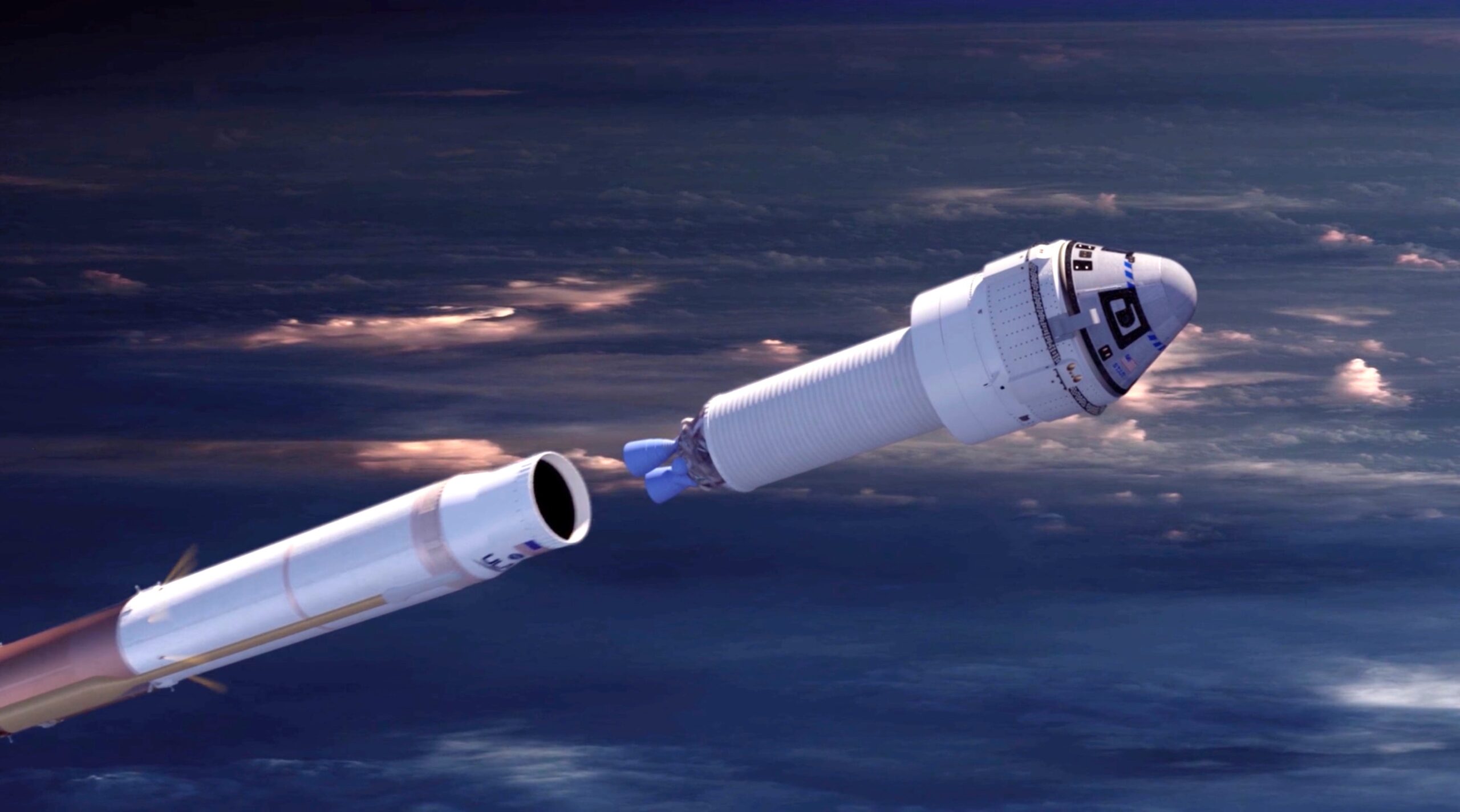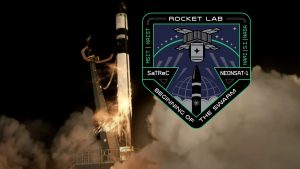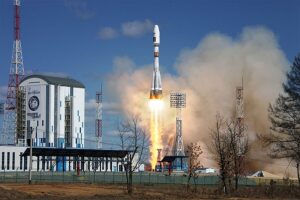US Space Force Postpones ULA Launch Alliance Atlas 5 Rocket Launch Yet Again
28th Mar 2022
The US Space Force postpones the ULA Atlas 5 rocket launch mission, originally scheduled for April. The joint mission from Boeing and Lockheed Martin had to be postponed at the request of Systems Command. This is not the first time the Boeing Starliner test flight has been delayed, but a series of reschedules from last August have significantly helped the mission progress.
ULA Rocket Launch Mission Details
ULA Starliner rocket launch has been delayed since August as part of the USSF 12 mission. Scheduled at Cape Canaveral this April, the launch has yet again been postponed by the US Space Force. Still, mission objectives remain unchanged – the payloads are still destined for geosynchronous orbit at 36,000 km over the equator.
As part of the USSF 12 mission, ULA should deploy a WFOV surveillance satellite. This spacecraft is the next-generation technology with a sensor to detect rocket launches in case of a missile attack.
Surveillance Payload in Detail
The WFOV surveillance satellite was built by Millennium Space Systems and is designed to detect rocket plumes. The end goal is to use the satellite as a military warning system. In its turn, Boeing is working on a crewed spacecraft to launch this May. This mission has also been delayed several times due to problems with the software. This time, the joint Boeing-ULA mission has been delayed because of a valve malfunction.
In January, the technical team shipped the module to a facility in New Mexico. The OFT-2 module, when finally launched, should become the first crewed Starliner capsule.
Currently, Boeing spokespersons are not offering any comments as to when the rocket launch should happen. However, if successful, the joint ULA-Boeing rocket launch will prove the US’s ability to ferry astronauts to research complexes in orbit.






Thank you for your comment! It will be visible on the site after moderation.